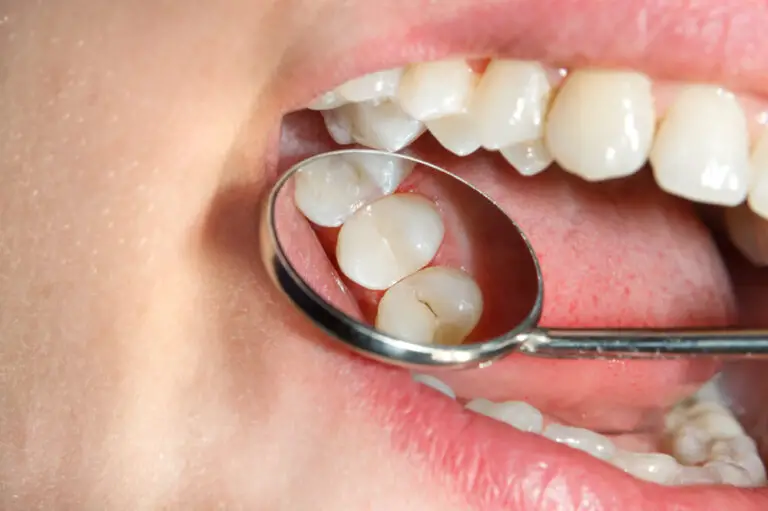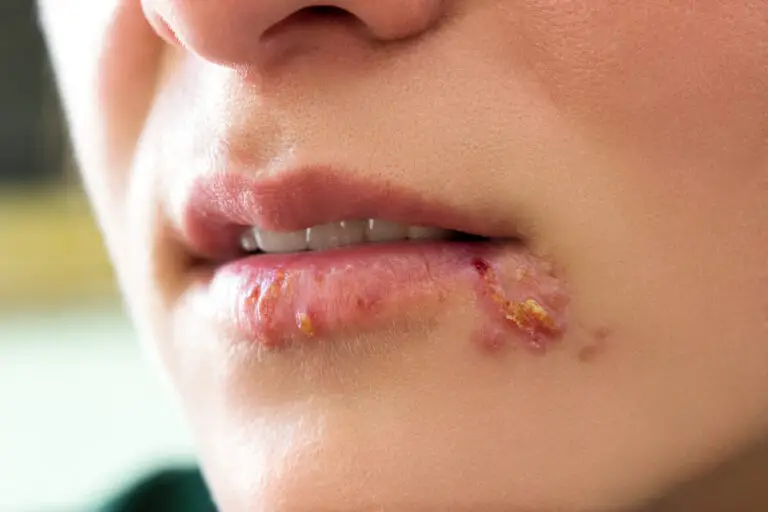Your teeth are anchored on strong, dense dental bone in your jawbone to help keep them in place. By securing your teeth’s position in your mouth, it allows you to speak comfortably and chew your food properly. But when your oral health deteriorates, so does your dental bone.
Dental bone loss sounds super scary, but it’s quite common among those with gingivitis and other forms of gum disease. It can lead to other dental issues like loose teeth and trouble chewing.
Understanding what causes dental bone loss is very important. When you know what to watch out for, it’s easier to prevent it altogether. So, today, we’ll be discussing the primary causes of dental bone loss, as well as a few tips on how to keep it from occurring. Read on to learn more.
What is Dental Bone Loss?
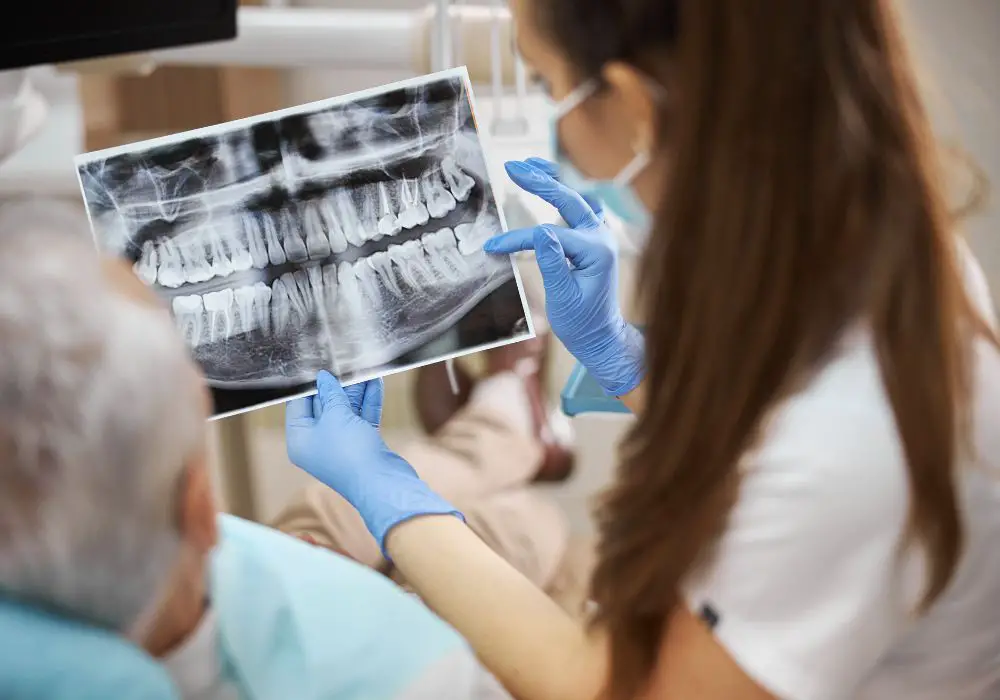
Dental bone loss (also referred to as alveolar bone loss) happens when the bone that holds and supports your teeth starts to shrink because of trauma to the teeth or an infection in the gum line. As a result, your teeth can feel loose and unstable, leading them to spread out or even fall out.
Here are some symptoms of dental bone loss:
- Teeth feel loose and move, leaving gaps between them
- Your gums look smaller than before as if they have shrunken
- Gums that swell and are painful when you floss or brush your teeth
- Bad breath
- Gum recession
Dental bone loss doesn’t happen overnight. It’s a progressive condition that manifests gradually. If you and your dentist are able to detect it early, you have a high chance of keeping it from hurting your teeth and gums.
Primary Causes of Dental Bone Loss
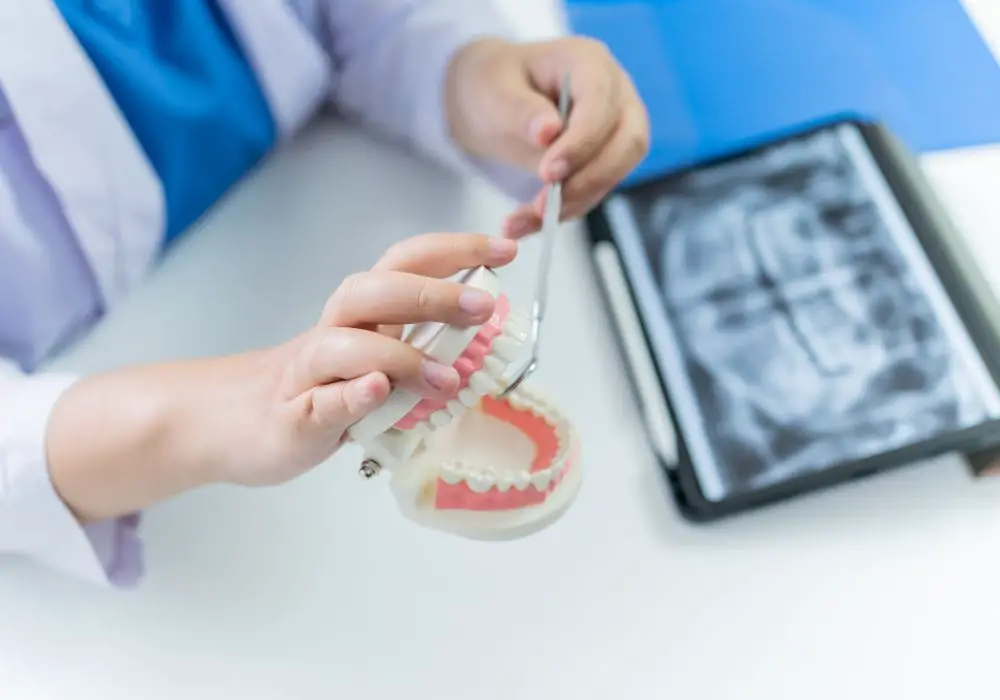
But what is it exactly that causes the deterioration and damage to your dental bone? Here are the most common causes of dental bone loss.
1. Periodontal disease (aka gum disease)
Dental bone loss most commonly occurs when someone has periodontal disease, also known as gum disease.
Sugars and starches that stay in your mouth for way too long turn into plaque. Over time, the buildup of plaque starts to line the bottom of your teeth, right on top of your gum line.
This plaque can harden and turn into tartar, which can get underneath the gums. Sometimes, tartar can make its way into your periodontal pockets—the tight space between your gums and teeth.
When that happens, your gums become irritated, causing swelling and inflammation—the first sign of periodontitis. Periodontitis is a serious gum disease that infects the inner tissues of your gums. If left untreated, it eventually destroys your dental bone, making it shrink.
2. Losing a tooth
If you lose a tooth—whether by accident or by extraction or surgery—the dental bone that used to support it can start to shrink. This after-effect of losing a tooth is called bone resorption. The body starts breaking down the old bone and absorbing it into the body since it has no use anymore.
That’s why it’s important to get dental implants as soon as possible if you lose a tooth. This signals to the bone that there is a new tooth to hold and support, keeping it from shrinking.
3. Traumatic injury
Getting a tooth or two knocked out can also cause dental bone loss. This usually happens after a sports injury or car accident.
When there is severe trauma to the tooth, it can fracture the tooth and damage its root. Oftentimes, the trauma dislodges the tooth from the dental bone. This can damage your periodontal ligament, which keeps the root of your tooth anchored to the bone, which can then lead to dental bone loss.
You can also suffer from bone loss because of bone resorption as a side effect of losing your tooth.
4. Excessive smoking
Those who heavily smoke cigarettes are 4-5 times more likely to develop gum disease than those who don’t smoke at all. They’re at high risk of developing gingivitis, the first sign of gum disease.
The worst part is that gum disease might be more difficult to detect in smokers. One of the signs that you have gum disease is bleeding gums. But since tobacco is known to weaken the blood supply in the body, this sign is rarely seen in smokers.
Because detecting gum disease in smokers is hard, treatment can’t be given to them right away. This means the infection can sometimes deal significant damage before a treatment plan is even discussed.
5. Other medical conditions, like osteoporosis and diabetes
Some medical conditions make you more susceptible to struggling with dental bone loss in your lifetime. These include osteoporosis, which weakens bone density, as well as diabetes, which increases your vulnerability to gum infections and delays wound and bone healing.
If you have these conditions (or any other illness that increases your chances of losing your dental bone), make sure to have frequent check-ups with your dentist. That way, they can diagnose and treat any gum infections as early as possible.
Can Dental Bone Regenerate After Deteriorating?
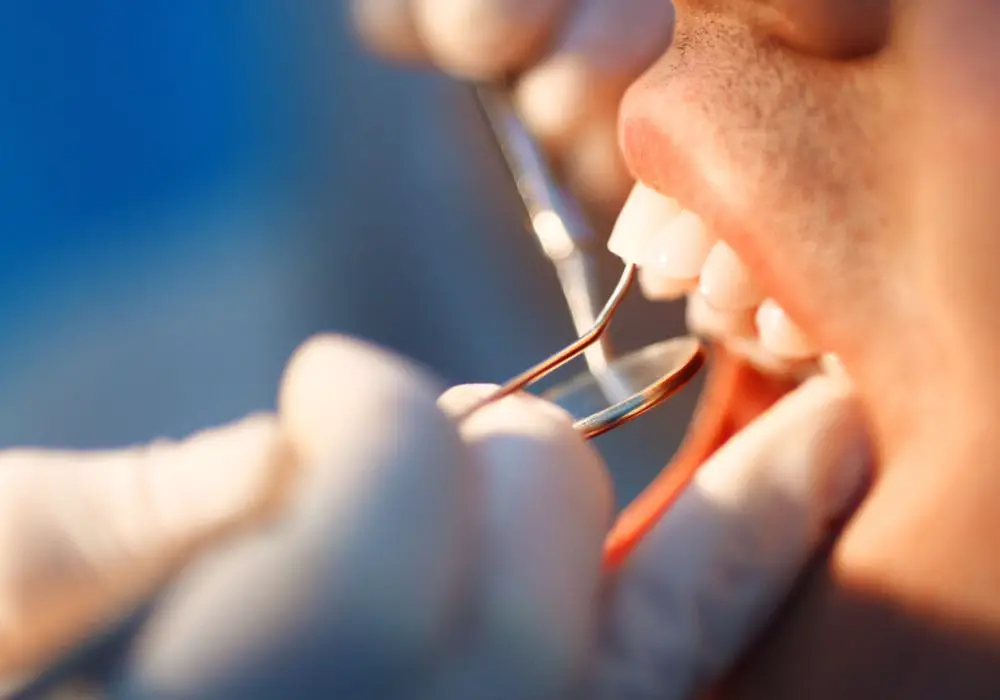
Yes, even if you lose part of your dental bone, there is a way to get it back. You can do that with the help of a dental bone graft—an oral surgery that encourages your dental bone to grow back with some augmentation.
The process involves opening up your dental bone and placing a new bone tissue where the bone has previously deteriorated. The tissue may come from your own body or another person’s or animal’s. It can even be synthetic if it’s the most compatible with your bone.
When the new tissue is placed in your bone, your body starts to naturally regenerate and build more bone around it. This leaves your dental bone stronger and healthier than before.
Learn more about dental bone grafts through this quick, informative video:
How to Prevent Dental Bone Loss
If you care for your overall health, you might not have to deal with dental bone loss your entire life. Here are some of our top tips for preventing dental bone loss from happening to you:
1. Practice good oral hygiene
Gum disease starts with poor oral hygiene. To prevent plaque and tartar buildup in your gumline, make sure to brush your teeth at least twice a day. Floss daily to get rid of the buildup between your teeth and gums as well. Lastly, rinse with mouthwash to kill any bacteria left in your mouth.
2. Take bone-strengthening supplements
Strengthen your bones and teeth with supplements like calcium, vitamin D, and phosphorus. Not only do they help keep your dental bone in check, but they also strengthen your bones from head to toe, preventing medical conditions like osteoporosis.
3. Consider giving up smoking
Smoking tobacco increases your chances of developing gum disease and not getting the proper treatment for it right away. But the good news is that if you quit smoking, your risk of getting gum disease (and consequently, dental bone loss) decreases significantly.
4. Maintain a healthy diet

Try to limit your sugar and junk food intake. Remember, it’s sugar and starch that creates a buildup of plaque in your teeth and gumline. Switch out those foods with healthier snacks and vegetables that can strengthen your bones and teeth instead.
Maintain a balanced diet with lots of calcium-rich foods, including healthy cheeses, green leafy vegetables, tofu, soya beans, fish, and nuts. Keep sugar to a minimum to keep plaque and tartar at bay.
5. Use protective gear when playing sports
Athletes should always wear protective gear such as a mouth guard when playing contact sports. This protects you against any traumatic injuries that can knock your teeth out and damage your dental bone.
6. Have regular dental check-ups to detect periodontitis right away
Schedule regular dental cleanings with your dentist to get rid of any plaque and tartar buildup that can lead to periodontal disease and dental bone loss. It’s best to get a cleaning at least once every six months.
Having regular check-ups also allows your dentist to assess your gums and see if you are showing any signs of gum disease. That way, you can get the most appropriate treatment for it right away before your dental bone gets compromised.
Conclusion
There are several reasons why someone might suffer from dental bone loss. For some, it’s gum disease that is to blame, no thanks to the buildup of plaque in their gumline. For others, it’s a result of traumatic injury, tooth loss, and perhaps an underlying medical condition that weakens bones.
Take the preventive measures we listed above to keep dental bone loss from happening to you. Make sure to practice good oral health care, strengthen your bones and body with supplements and a good diet, and get regular check-ups with your dentist so they can check on your gum health.
Your dental bone plays a crucial role in keeping your teeth healthy. By taking good care of it, you can live life without bone loss and with a gorgeous smile for years to come.


